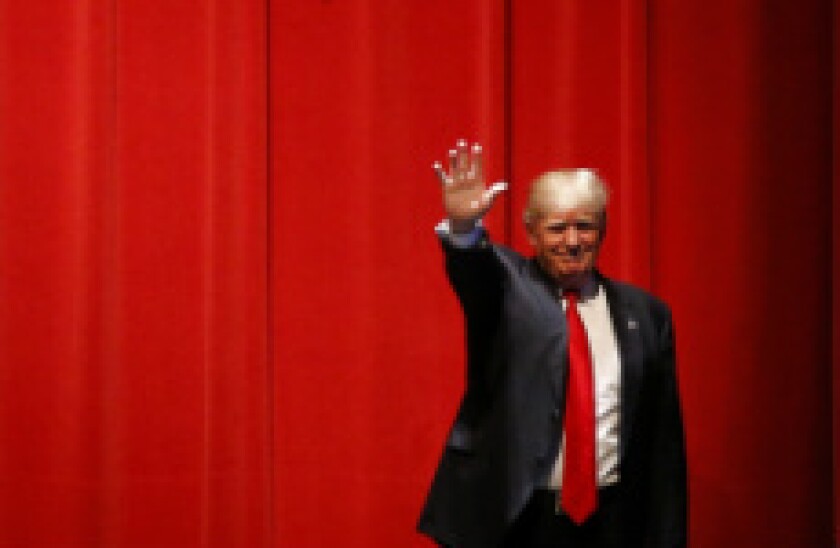US officials proclaimed a starter deal with China last weekend, but trade tensions between the two countries have clearly not ended.
Steven Mnuchin, US treasury secretary, told CNBC on Monday that there would be an additional round of tariffs on Chinese imports if a trade deal is not reached by December.
“I have every expectation – if there’s not a deal, those tariffs would go in place –but I expect we’ll have a deal,” he said.
The Chinese side changed its tone regarding the phase-one trade deal on a Tuesday press conference after refusing to label it as a “deal” previously.
“The two sides are in complete agreement on the trade agreement reached,” Geng Shuang, China’s foreign ministry spokesperson, said. “There is no difference [between the two sides]. This trade agreement is significant and positive to China, the US and the world.”
However, on Tuesday, the US House passed the “Hong Kong Human Rights and Democracy Act” that would require the US to give an annual review of whether the SAR is autonomous enough from Beijing enough to maintain its special trade status.
The news came after thousands of protesters gathered on Monday in Hong Kong’s central business district to support the legislation.
Geng Shuang responded on Wednesday that China will take “strong countermeasures” if the US Congress enacts the bill.
Beijing is also laying down more terms. Chinese officials are asking the US to roll back existing tariffs before agreeing to buy $50bn of US agricultural goods, Bloomberg reported, citing people familiar with the matter.
On the same day, Mnuchin said in a press conference that the US and China are working on the text of the phase one trade deal for US president Donald Trump and Chinese president Xi Jinping to sign next month. He added the US has the “objective” to sign the agreement at the Asia-Pacific Economic Cooperation summit on November 16-17.
Separately, the US began requiring Chinese diplomats to notify the State Department before meeting with local or state officials and educational and research institutions, according to an official announcement on Wednesday.
The action was to “add a little bit of reciprocity into the way that US diplomats are treated in China”, according to the statement.
*
Chinese premier Li Keqiang signed an amended version of regulations governing foreign banks and insurers on Tuesday.
From now on, foreign insurers are no longer required to have at least 30 years of experience in the insurance business before entering China. They are also not required to have a representative office in China for at least two years before setting up shop onshore.
Foreign banks are no longer required to have at least $10bn in assets the year before they set up a wholly-owned subsidiary onshore. They can also simultaneously set up wholly-owned foreign subsidiaries and branches onshore.
*
The IMF warned on Tuesday that the trade war will drag down 2019 global growth to its slowest pace since the 2008 financial crisis. IMF forecasted the 2019 global GDP growth of 3% in its latest World Economic Outlook, down from its 3.2% prediction in July.
*
The People’s Bank of China and the State Administration of Foreign Exchange (Safe) together issued new rules to relax the restrictions on foreign financial institutions to trade in the Chinese interbank bond market on Thursday.
Specifically, the regulators now allow the same entity to transfer bonds and funds between their Qualified Foreign Institutional Investor (QFII) account and RMB QFII account, as long as the transfer is not transactional.

